Is Diane Effective for Birth Control or Just Acne?
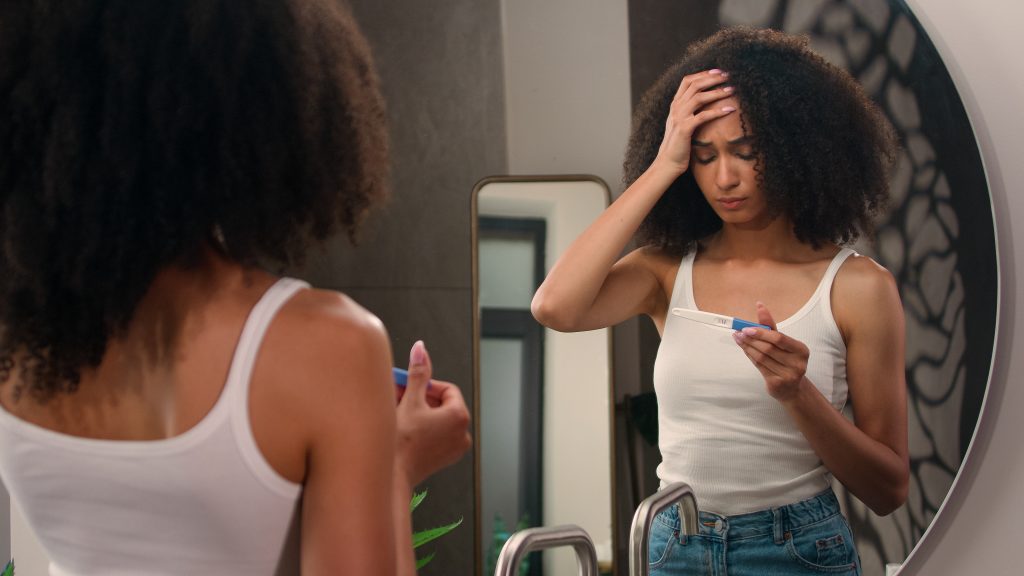
Picking the right birth control pill in Singapore can be confusing, especially with pills like Diane-35, which works for both contraception and acne (Bayer, n.d.). But is Diane-35 just as good at preventing pregnancy as it is at treating acne? How does it compare to other popular options like Yasmin, Yaz, Microgynon, and Marvelon? Let’s take a look at these choices and how well they work.
What Is Diane-35?
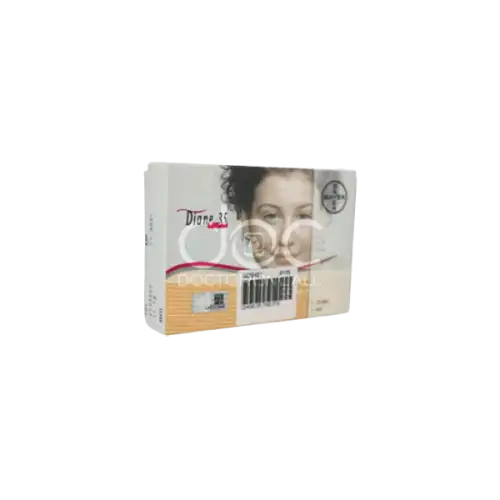
Diane-35 is a contraceptive pill that includes two hormones: cyproterone acetate and ethinylestradiol. It’s mainly used to treat severe acne or problems caused by extra male hormones, like hirsutism (MIMS, n.d.). While it also works as a contraceptive, it’s not officially approved in some places just for birth control. Its main purpose is to treat hormonal acne, and preventing pregnancy is a secondary benefit.
Is Diane-35 Effective for Birth Control?
Yes, Diane-35 works as birth control when used correctly. It prevents ovulation, thickens cervical mucus, and changes the uterine lining to stop pregnancy. However, since it’s mainly for treating acne and other hormone-related issues, doctors often suggest it only if you need that treatment too. If you are concerned about acne after birth control, Diane-35 might help clear your skin as it is specifically designed for hormonal acne. If you’re looking for contraception in Singapore without the acne benefits, other pills like Yasmin, Yaz, Microgynon, and Marvelon are better options.
Comparing Diane-35 to Other Contraceptive Pills
Let’s take a closer look at how Diane-35 stacks up against other popular birth control pills:
Yasmin
Yasmin is a birth control pill that contains drospirenone and ethinylestradiol (Electronic Medicines Compendium [EMC], n.d.). It not only prevents pregnancy but also helps reduce water retention and improve mild acne. Unlike Diane-35, Yasmin is mainly marketed for contraception and is safer for long-term use. If you want effective birth control with some skin benefits, Yasmin may be a better choice than Diane-35.
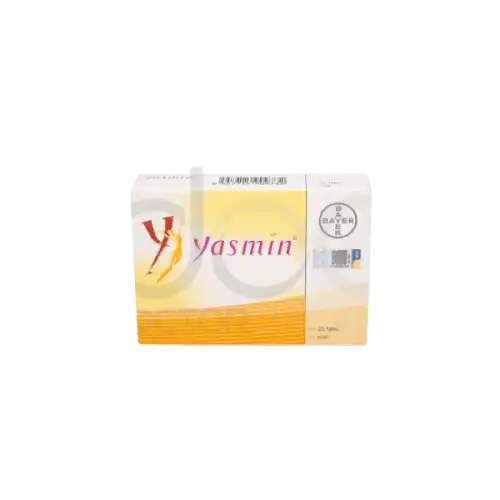

Yaz
According to Bernstein (2024), Yaz is similar to Yasmin but has less estrogen, making it better for women sensitive to hormones. It’s approved for birth control, treating acne, and managing premenstrual dysphoric disorder (PMDD). Like Yasmin, it provides a balanced approach to contraception and skin benefits, unlike Diane-35, which mainly focuses on acne.
Microgynon
Microgynon is a good birth control pill, containing levonorgestrel and ethinylestradiol. It’s highly effective for contraception but doesn’t help with acne or hormonal issues (Treated, 2024). If you only need birth control, it’s a great, affordable choice, but it may not be as appealing as pills like Diane-35, Yasmin, or Yaz for those seeking additional benefits.
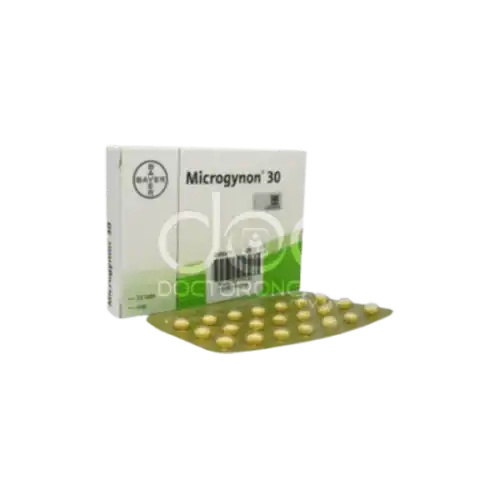
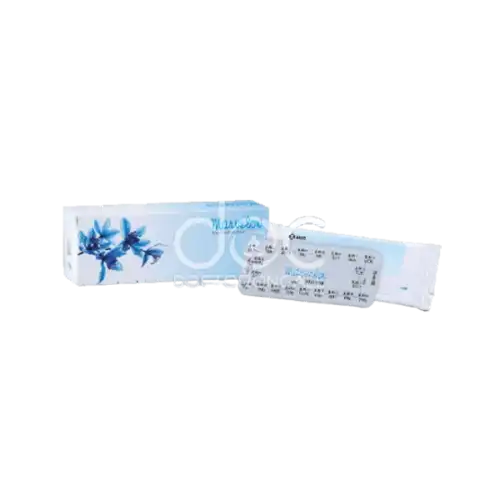
Marvelon
Marvelon is a birth control pill that contains desogestrel and ethinylestradiol. Unlike some other pills, it focuses mainly on preventing pregnancy with little effect on acne or hormone-related issues, which might take months (Charoenvisal et al., 1996). It’s a good option for women who want effective contraception without skin-related benefits.
Key Differences Between Diane-35 and Other Pills
The difference between Diane birth control pills and other birth control pills is that Diane-35 is designed to treat acne and hormone-related issues, which can also increase the risk of blood clots. Due to this issue, doctors usually recommend using it for short periods (3 to 6 months) and switching to another pill for long-term.
In contrast, other pills are designed primarily for contraception and are considered safer for extended use. They may not be as powerful as Diane-35 in treating acne, but they still offer skin benefits while being effective and reliable for birth control.
Which Pill Is Right for You?
Choosing the right contraceptive pill depends on your individual needs and health profile. Here are some factors to consider:
Final Thoughts
Diane-35 is effective for both acne treatment and birth control, but it’s not the best long-term option for contraception because it carries a higher risk. If your main goal is preventing pregnancy, pills like Yasmin, Yaz, Microgynon, or Marvelon may be better choices. However, if you have severe acne and need a short-term solution, Diane-35 can help clear up your skin while protecting against pregnancy.
Always talk to your doctor about your health, lifestyle, and needs before starting any birth control pill. With the right advice, you’ll find the best option for you.
References
- Bayer. (n.d.). DIANE 35 – Patient Information Leaflet. Bayer. Retrieved November 25, 2024, from https://www.bayer.com/sites/default/files/DIANE_35_EN_PI.pdf
- MIMS. (n.d.). Diane-35: Indications. MIMS. Retrieved November 25, 2024, from https://www.mims.com/hongkong/drug/info/diane-35/indications#:~:text=Treatment%20of%20moderate%20to%20severe,antibiotic%20treatments%20for%20acne%20therapy.
- Electronic Medicines Compendium (EMC). (n.d.). Diane-35 2 mg/0.035 mg film-coated tablets: Patient information leaflet. Medicines.org.uk. Retrieved November 25, 2024, from https://www.medicines.org.uk/emc/product/1607/pil#gref
- Bernstein, S. (2024, November 25). Yaz vs. Yasmin: What’s the difference? WebMD. Retrieved from https://www.webmd.com/sex/birth-control/yaz-vs-yasmin
- Treated. (2024, November 25). Which birth control pill is best for acne? Treated. Retrieved from https://uk.treated.com/blog/contraception/which-birth-control-pill-is-best-for-acne
- Charoenvisal, C., Thaipisuttikul, Y., Pinjaroen, S., Krisanapan, O., Benjawang, W., Koster, A., & Doesburg, W. (1996). The effects of oral contraceptives on acne vulgaris in women. Journal of the Medical Association of Thailand, 41(4), 423-429. https://pubmed.ncbi.nlm.nih.gov/8894800/
FAQ
Yes, Diane-35 can help with acne. It is primarily prescribed to treat severe hormonal acne, as it contains cyproterone acetate, which helps reduce the effects of excess male hormones that contribute to acne.
Yes, Diane-35 is effective as birth control when used correctly. It works by preventing ovulation, thickening cervical mucus, and altering the uterine lining to prevent pregnancy. However, it is primarily prescribed for acne and hormonal issues, so other contraceptive pills may be recommended for long-term birth control use.
Diane-35 may take several weeks to a few months (typically 3 to 6 months) to significantly clear acne. The time it takes can vary depending on the severity of the acne and how your body responds to the medication. It’s important to follow your doctor’s instructions and be patient, as acne improvement can take time.
The best birth control for preventing acne typically includes pills that contain low doses of estrogen and progestin with anti-androgenic properties, which help reduce excess male hormones linked to acne. Some top options are:
- Yasmin: Contains drospirenone, which helps reduce acne and water retention.
- Yaz: Similar to Yasmin but with a lower dose of estrogen, it’s also effective for treating acne.
- Diane-35: Primarily prescribed for severe acne and hormonal issues, though not recommended for long-term use due to increased blood clot risks.
Consulting a healthcare provider is essential to find the best option for your skin and health needs.
Acne may return after stopping Diane-35, especially if it was primarily used to treat hormonal acne. Once you discontinue the pill, hormone levels can fluctuate, potentially causing acne to reappear. To manage this, your doctor may suggest switching to another birth control method or acne treatment to maintain skin clarity.
While taking Diane-35, it’s important to avoid:
1. Excessive Alcohol: While not directly affecting the pill, excessive alcohol consumption can lead to missed doses or poor adherence.
2. Smoking: Smoking increases the risk of blood clots, especially for women over the age of 35.
3. Certain Medications: Some medications, including antibiotics and anticonvulsants, can reduce the effectiveness of Diane-35. Always check with your doctor before taking new medications.
4. Skipping Pills: Missing doses can reduce effectiveness. Make sure to take your pill at the same time each day.
Yes, acne can return after stopping birth control, especially if it was used to manage hormonal acne. Hormone fluctuations can trigger acne, but it varies for each person.
Diane-35 is generally more effective for treating acne, as it is specifically designed for hormonal acne. It contains cyproterone acetate, which targets excess male hormones that contribute to acne. Yaz also helps with acne but is primarily a birth control pill. It contains drospirenone, which can reduce acne, but may not be as strong for severe cases as Diane-35.
If acne is your primary concern, Diane-35 may be more effective, but it’s important to consult a doctor for the best option based on your needs.
Oily skin after stopping birth control is common due to hormone fluctuations. Birth control helps regulate hormones that control oil production in the skin, and once you stop, your body may experience an increase in androgen (male hormone) levels, which can lead to more oil production and acne. This adjustment period can last for several months as your body rebalances.
Healing time can vary depending on the type and severity of acne. The stages of acne healing typically follow this progression:
- Inflammation: The pimple begins as a red or inflamed bump, often with swelling around it.
- Pus Formation: The pimple may develop a white or yellow center as pus forms, signaling that your body is fighting the bacteria.
- Healing/Scabbing: The pimple starts to shrink, and the skin begins to repair itself, possibly forming a scab.
- Post-Inflammatory Hyperpigmentation (PIH): Once healed, dark spots or redness may remain, which usually fades over time.
- Clear Skin: The skin returns to its normal state, though scars may linger depending on the severity of the acne.












